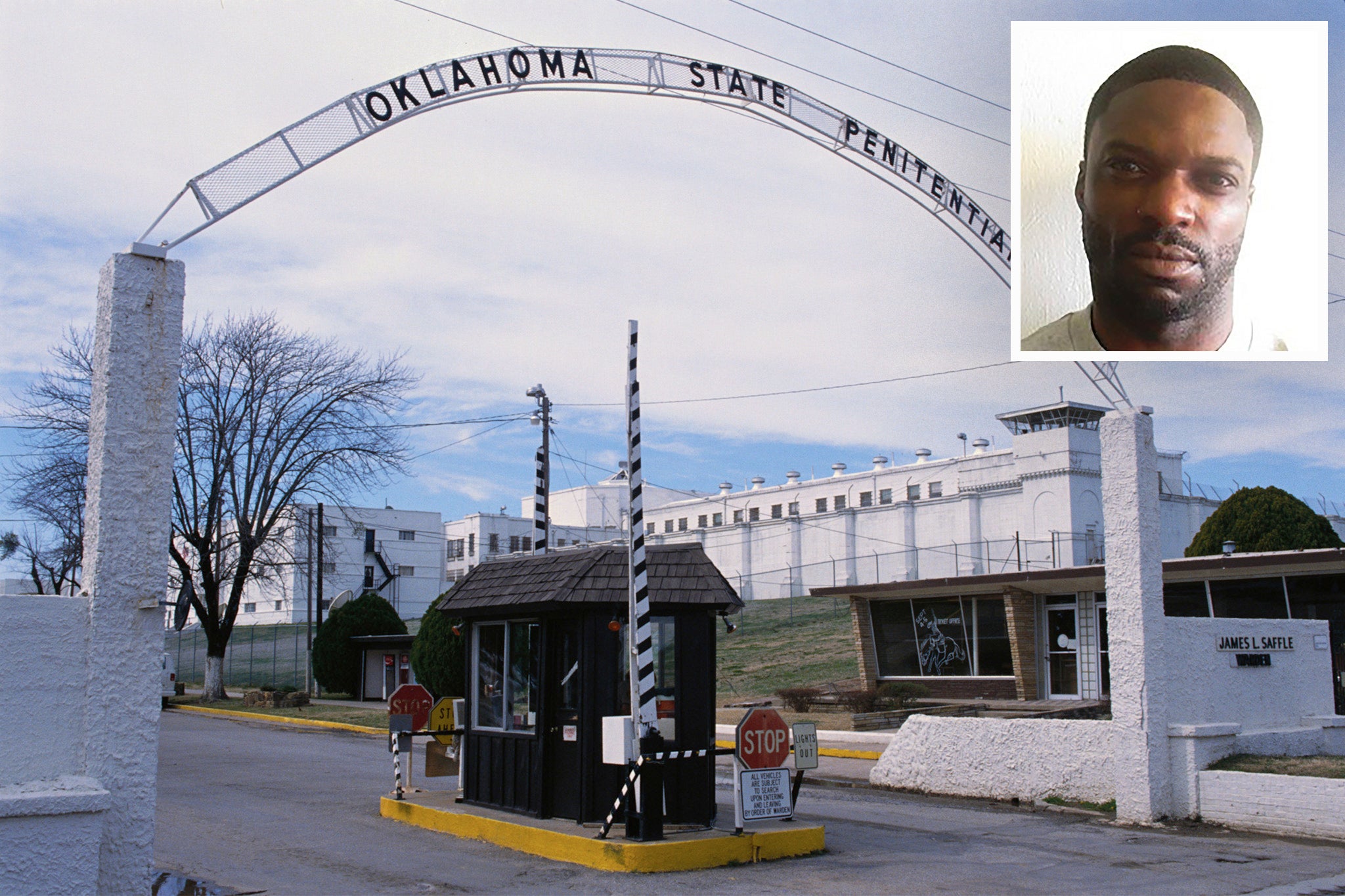‘Suck it up’: Oklahoma judge has no sympathy for executioners’ stress
State officials are asking for 90-day intervals between executions

An Oklahoma judge told state execution staff that they needed to “suck it up” after they asked for more time between executions to recover from stress.
Judge Gary Lumpkin made the comments during a hearing last week regarding whether the state should increase its time between executions from 60 days to 90 days, according to The Frontier, an Oklahoma non-profit outlet.
A decision on the matter is expected to be issued at a later date. State agencies, including the Attorney General’s Office and the Department of Corrections, supported the change in a motion filed in January.
According to the agencies, the move would help to combat stress and prevent staffing shortages and botched executions. Director of the Oklahoma Department of Corrections Steven Harpe called the current 60-day intervals “too onerous and not sustainable”.
In the court filing, Mr Harpe explained that each execution triggers a series of actions that must be completed sometimes weeks in advance. He added that the entire state penitentiary has to go into lockdown on the day of an execution until it is completed.
Eight different teams participate in an execution. Before an inmate is put to death, the teams must complete required training, including mock executions.
According to The Frontier, Judge Lumpkin told the state officials to “man up”, adding, “We set a reasonable amount of time to start this out and y’all keep pushing it and pushing it and pushing it. Who’s to say next month you won’t come in and say I need 120 days?”
A representative for Judge Lumpkin said his office did not have a comment on the matter.
Per the court records, the officials asked for the execution dates for several death row inmates to be scheduled in 90-day intervals.
Oklahoma Attorney General Gentner Drummond previously asked the court to schedule executions 60 days apart, citing concerns about botched executions. The state paused executions around 2015 and resumed them in 2021.
An autopsy in 2015 revealed that the state had used the wrong drugs to put someone to death.
Officials botched the first lethal injection execution after returning to schedule. So far, 12 people have been put to death ever since 2021.
Still, the judge continued, “This stuff needs to stop and people need to suck it up, realise they have a hard job to do and get it done in a timely, proficient, professional way”.
On Thursday, Oklahoma executed Michael Smith over two murders he said he committed in 2002. His attorneys argued that officials did not find corroborating evidence to back up his execution. Smith maintained his innocence and did not give a final statement.
